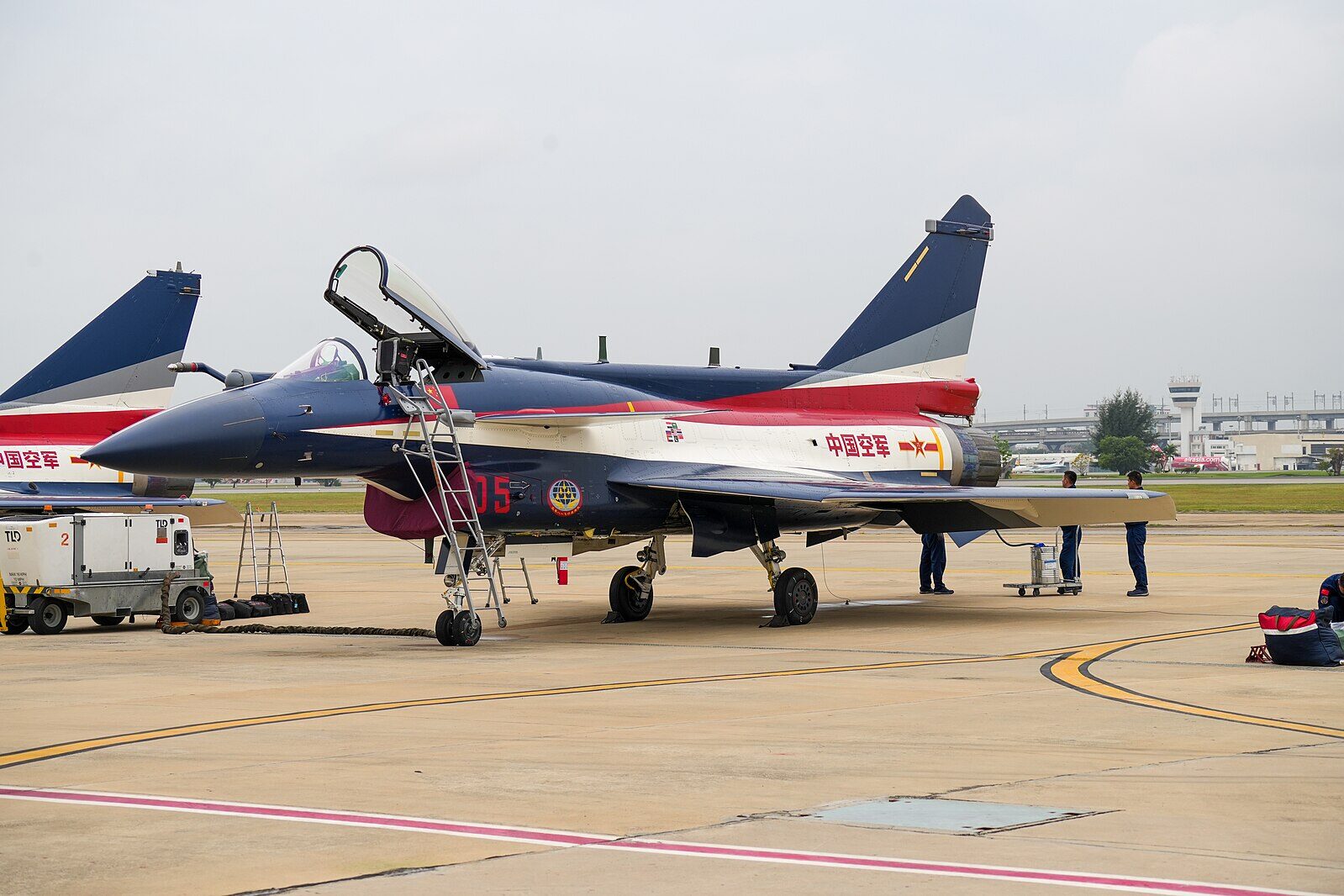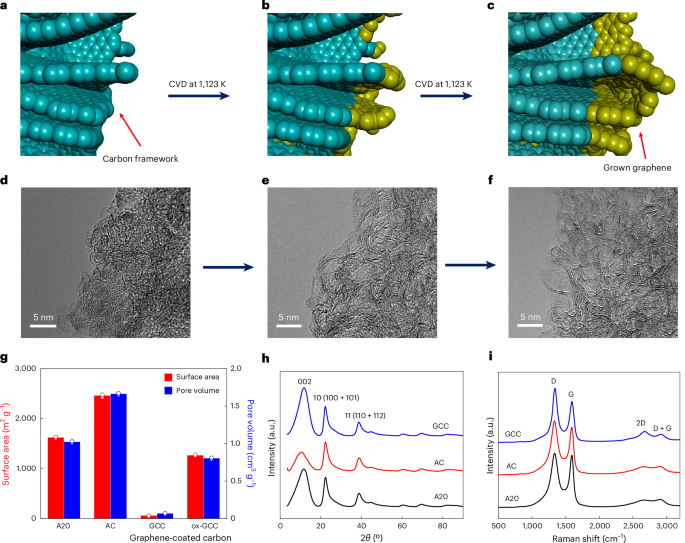Trump extends EU trade talks deadline amid 50% tariff threat
US President Donald Trump has pushed back the deadline for EU-US tariff negotiations to 9 July, following threats to raise import taxes on European goods to 50% as soon as 1 June.

US President Donald Trump has pushed back the deadline for EU-US tariff negotiations to 9 July, following threats to raise import taxes on European goods to 50% as soon as 1 June.
Last month, Trump announced a 20% tariff on most EU imports, later reducing it to 10% to allow time for negotiations.
Frustrated by the pace of talks, he warned of a steep increase, but after a “very nice” call with European Commission chief Ursula von der Leyen, both sides agreed to extend discussions into July.
Von der Leyen said the EU is “ready to advance talks swiftly and decisively” but needs time to reach a fair deal. Despite ongoing tensions, both sides expressed a willingness to avoid escalation.
Trump’s tariff plans have sent waves through global retail supply chains, with several major brands already adjusting strategies and prices in response.
Nike announced a retail price hike from 1 June, with increases up to £7.50 on footwear priced above £74.50, alongside price rises on apparel and equipment.
Nike also revealed it would resume selling directly on Amazon in the US, a move aimed at adapting to changing market conditions. Although the sporting giant did not explicitly attribute the hikes to tariffs, industry observers link the changes to the evolving trade environment.
Meanwhile, Adidas reported a strong start to 2025 but cautioned that rising US tariffs could push up costs and consumer prices in the months ahead.
The German brand flagged concerns that tariffs on imports from multiple countries of origin, including China, Indonesia, and Vietnam, will increase costs for products sold in the US, given Adidas’s limited domestic production capacity.
Fast fashion giant Shein has also implemented steep price increases in the US, with some items rising by up to 377%. The company cited new import duties and trade rule changes as key drivers, and is exploring alternative supply chain options, including shifting production to Vietnam, to reduce tariff exposure.
Click here to sign up to Retail Gazette‘s free daily email newsletter

































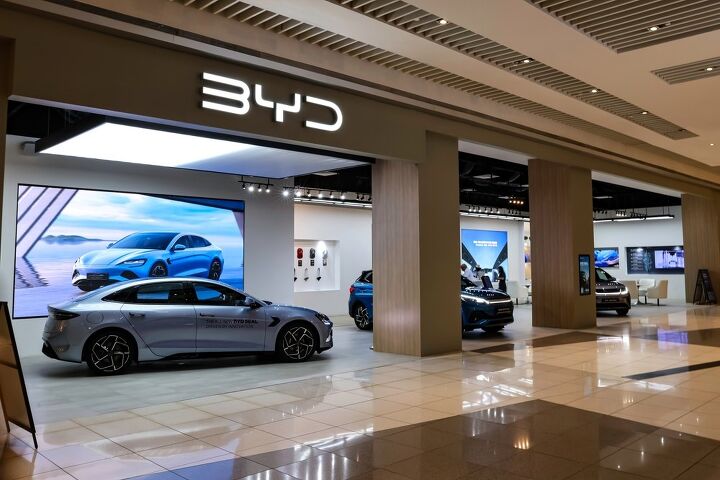












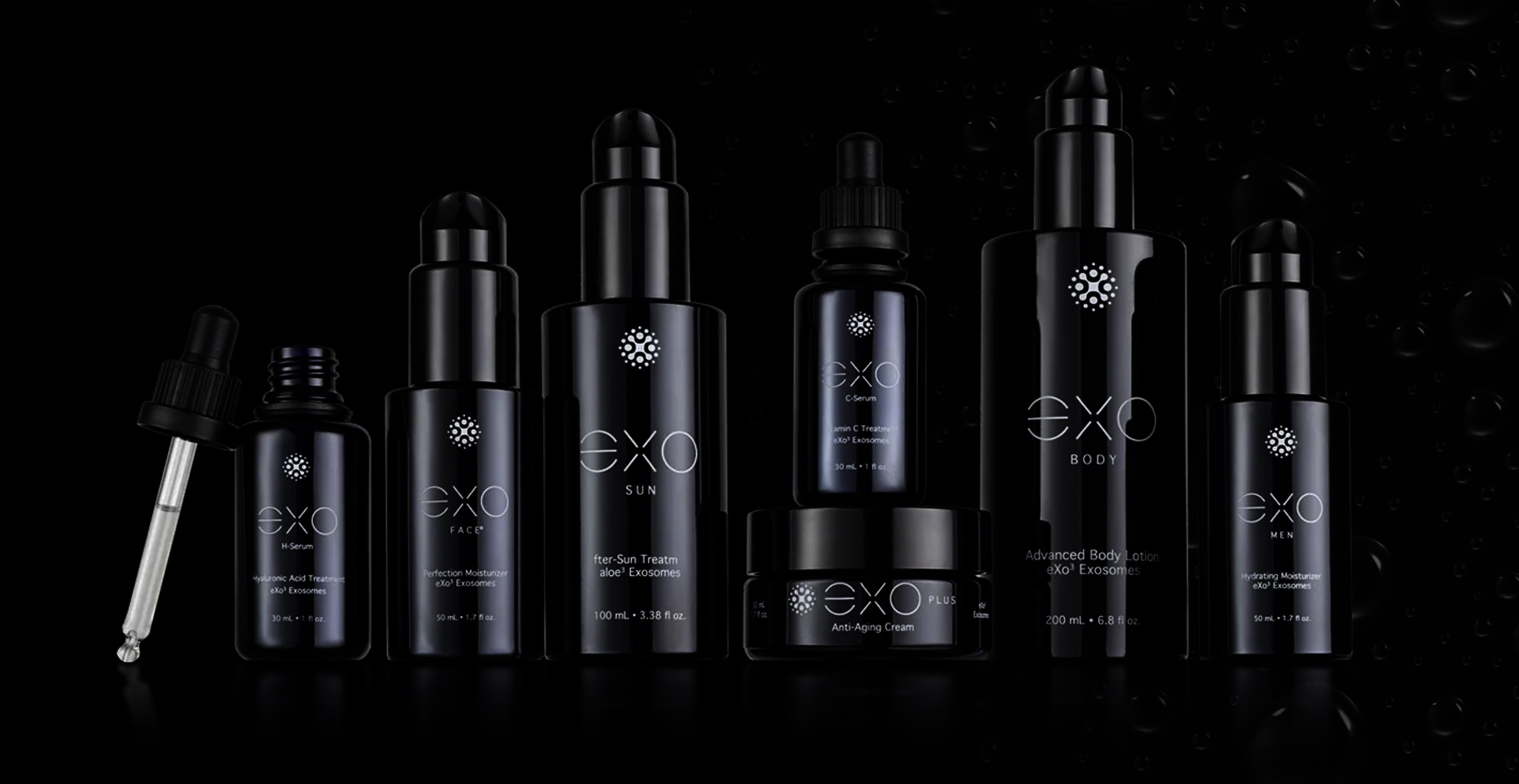



































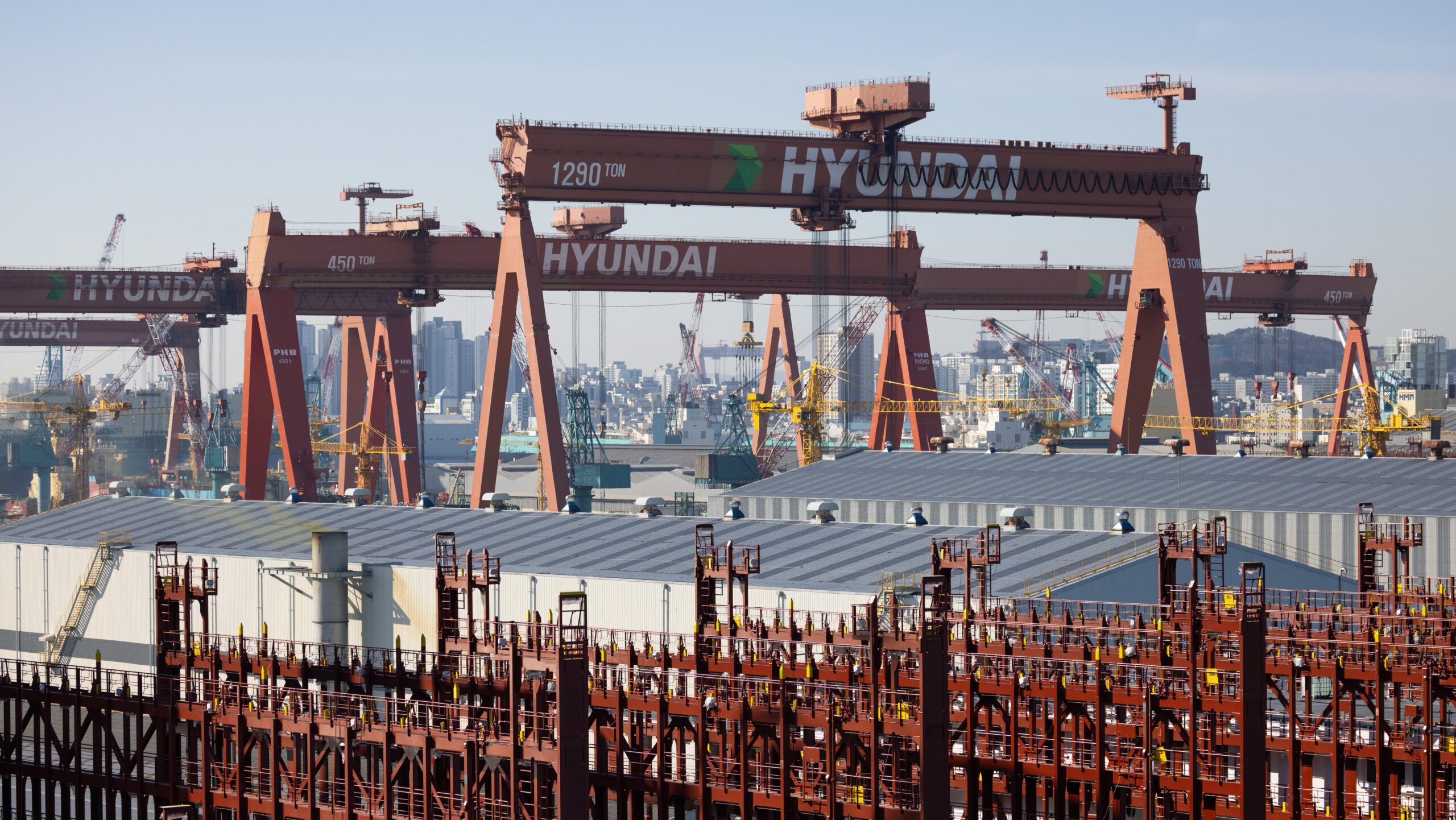

![The F-35’s future: What new weapons, systems are coming to the stealth fighter? [Video]](https://breakingdefense.com/wp-content/uploads/sites/3/2024/09/8603513-scaled-e1725629281248.jpg?#)
























